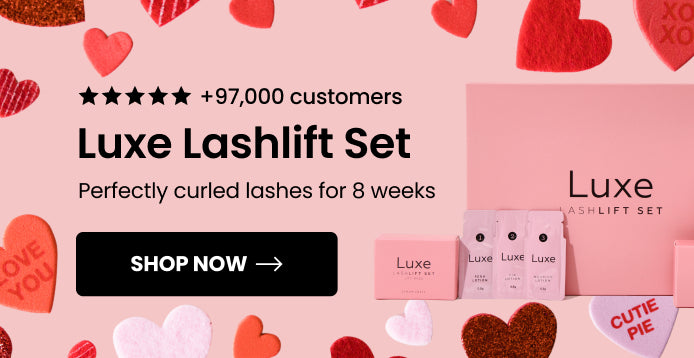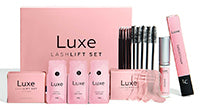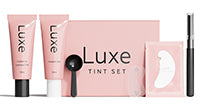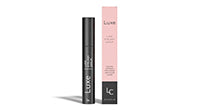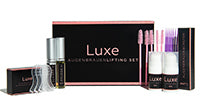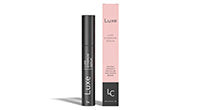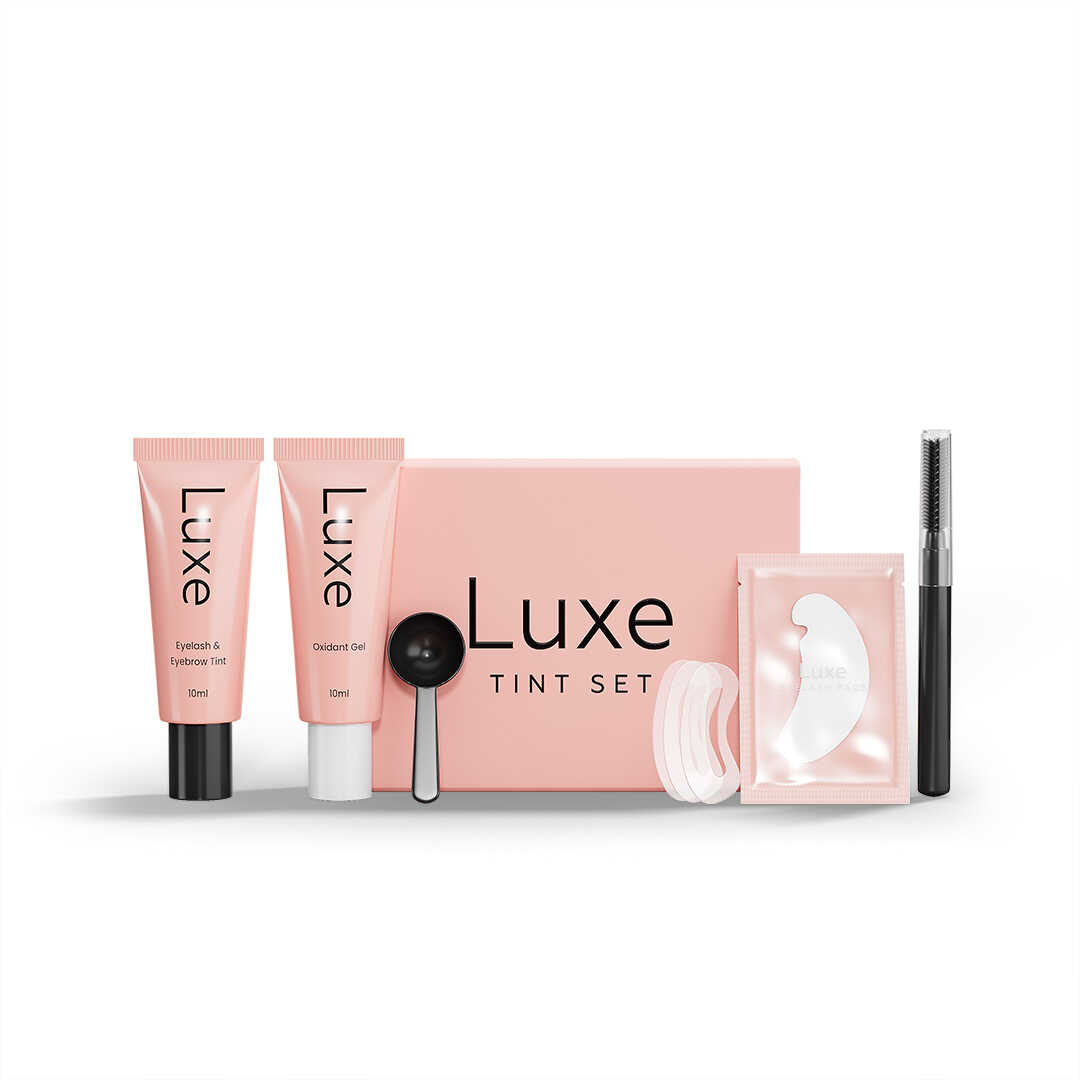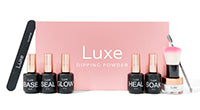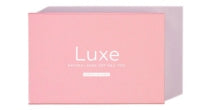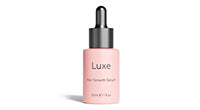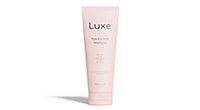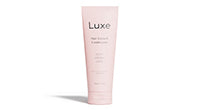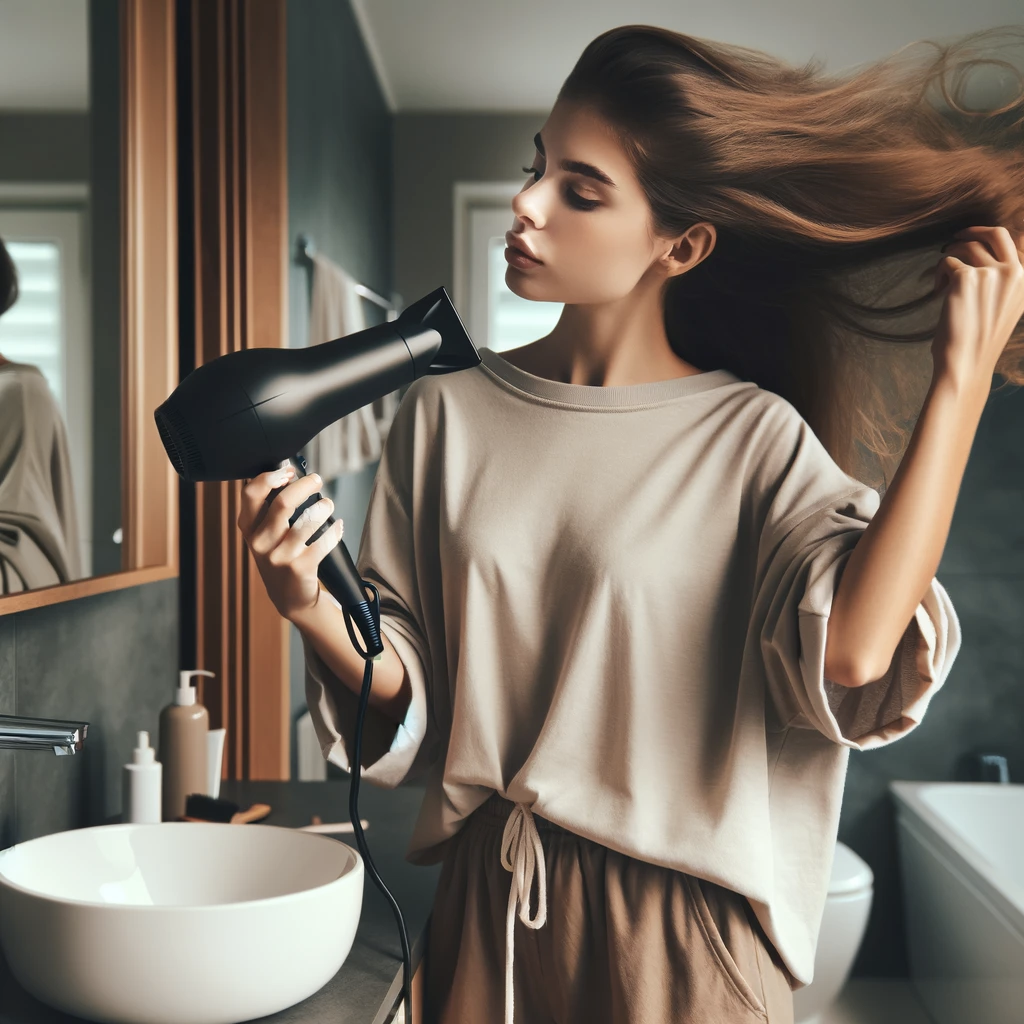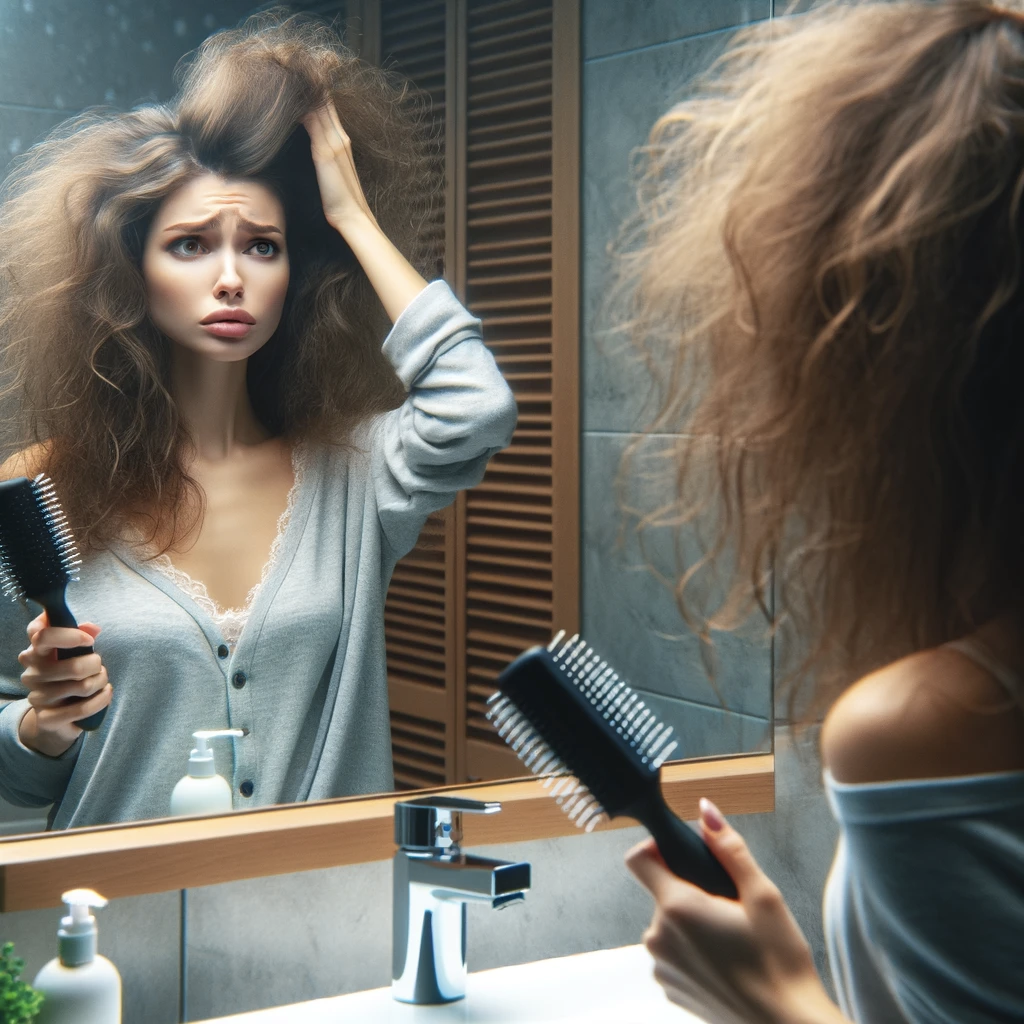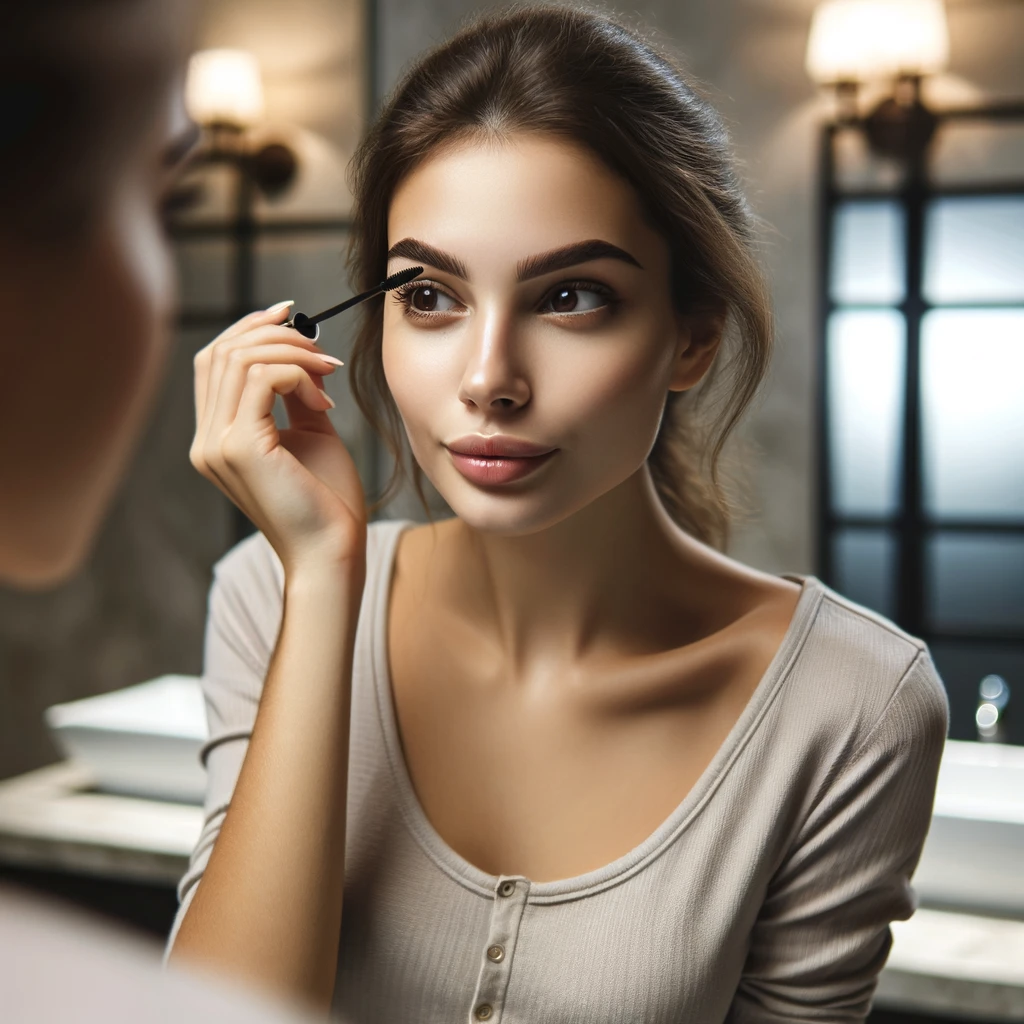How Long Does Shampoo Last? Shelf Life and Usage
Apr 23, 2024
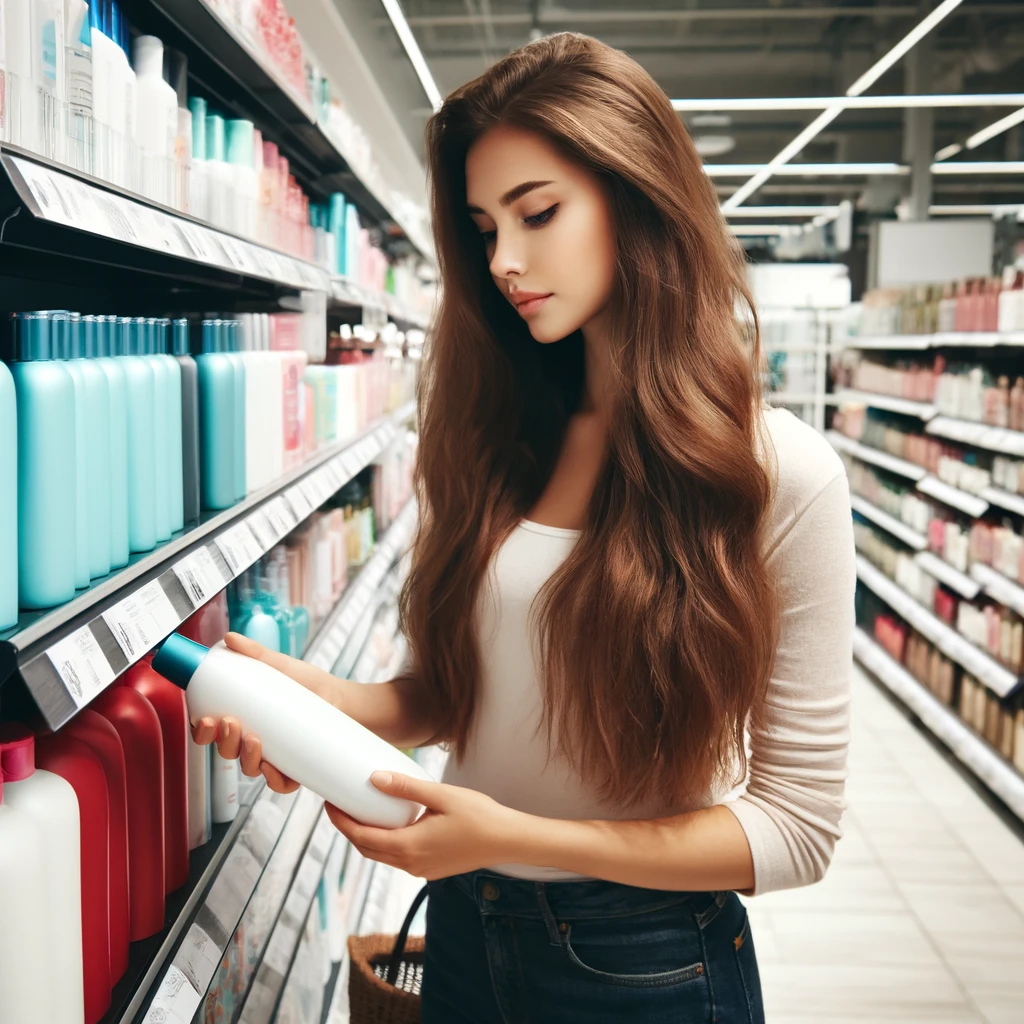
Does Shampoo Expire?
Can shampoo expire? Yes.
Using expired shampoo can lead to less effective cleansing or, in some cases, irritation and scalp issues. To ensure your hair care remains safe, it is crucial to pay attention to the expiration dates or the period-after-opening (PAO) symbol on your shampoo bottles.

How Long Does Shampoo Last Before its Expired?
Shampoo longevity varies across different brands and types, primarily due to the preservatives they contain. It's essential to check the label on your shampoo bottle for the most accurate expiration information. However, to give you a general idea:
- Unopened shampoo typically lasts between 2 to 4 years if stored correctly.
- Opened shampoo expires faster, usually within 6 months to 2 years after opening.
Here are a few key points to keep in mind:
- Type of preservatives: Shampoos with synthetic preservatives often last longer than those with natural preservatives.
- Storage: Proper storage can significantly extend a shampoo's shelf life.
- Usage: Opened bottles get exposed to bacteria, which can accelerate expiration.
Why is It Not Safe to Use Expired Shampoo?
Expired shampoo can cause inadequate cleansing, leading to dry, dull, and lifeless hair. It can also trigger scalp irritation or itching due to its ingredients' breakdown and chemical changes.
If you've used expired shampoo and experienced adverse effects, rinse your hair thoroughly and consider using a mild, pH-balanced shampoo to mitigate damage. For persistent issues, seek advice from a dermatologist.
Signs that Your Shampoo Has Gone Bad
Here are the key indicators that your shampoo has gone wrong:
- Change in Color: If the color of the shampoo looks different from when you first bought it, it's a sign of chemical changes indicating expiration.
- Change in Texture: A once smooth shampoo becoming lumpy or the ingredients separating (with oils floating on top) suggests it's time to discard it.
- Odd Smell: An off smell, either rancid or just less fragrant than it used to be, is a clear indication that the shampoo has expired.
- Reduced Efficacy: If the shampoo doesn't clean as well, produce as much lather, or leave your hair feeling different post-wash, it may have lost its effectiveness.
Always prioritize checking the expiration date or the period-after-opening (PAO) symbol on the packaging. Without clear expiration information, rely on these signs to guide your decision.

How to Store Shampoo to Make it Last Longer
Here are some tips on how to store your shampoo correctly:
- Avoid Direct Sunlight: Keep your shampoo out of direct sunlight, as UV rays can degrade the quality of the product over time.
- Maintain Moderate Temperatures: Store your shampoo in a cool, dark place. Extreme temperatures, whether too hot or too cold, can affect the shampoo's consistency and efficacy.
- Seal Tightly After Use: Ensure the lid or cap is securely fastened after each use to prevent water, air, and contaminants from getting inside the bottle.
- Use Pumps When Possible: Pumps make it easier to use your shampoo and help keep the product sealed from external elements.
Final Thoughts
In this comprehensive guide, we've explored the lifespan of shampoo, how to determine if it has expired, and the importance of using your shampoo before it reaches its expiration date to maintain optimal hair health.
Luxe Cosmetics offers specialized solutions with our Hair Growth Shampoo and Hydrate & Repair Shampoo, which are tailored to support and enhance your hair's health.

Josef Mohamed
Josef Mohamed is a Content Marketer and Web Designer with over 6 years of experience.He brings a wealth of knowledge to his work, making him a reliable source for readers interested in practical insights about beauty.His writing style is straightforward, aiming to provide real facts and avoid common myths in the beauty industry.
